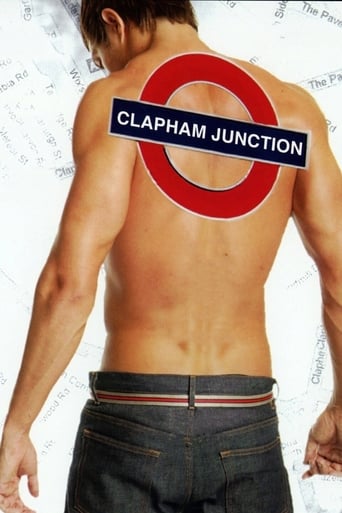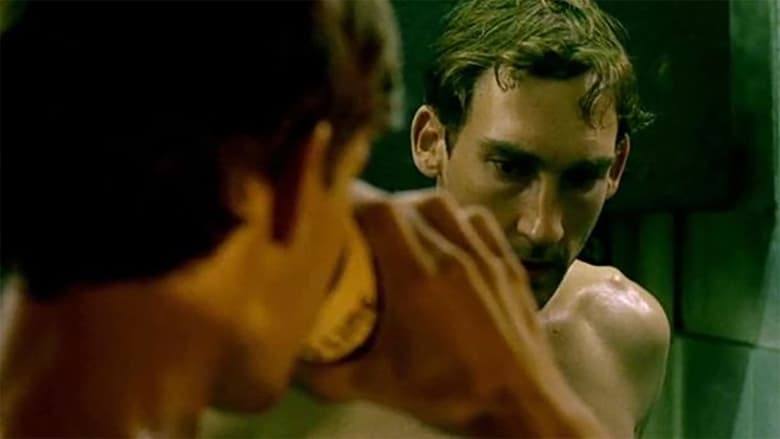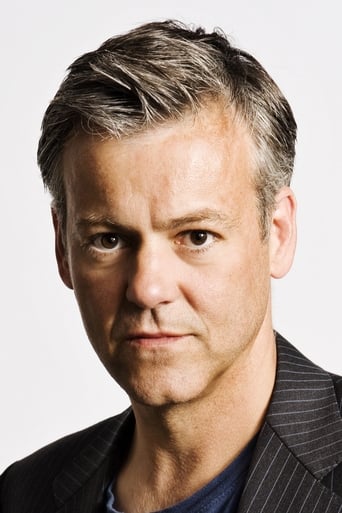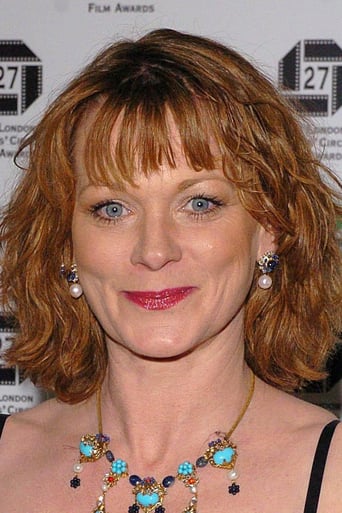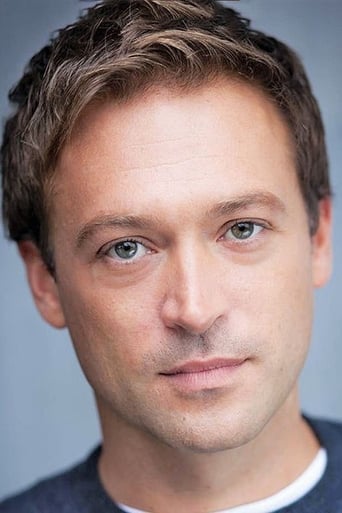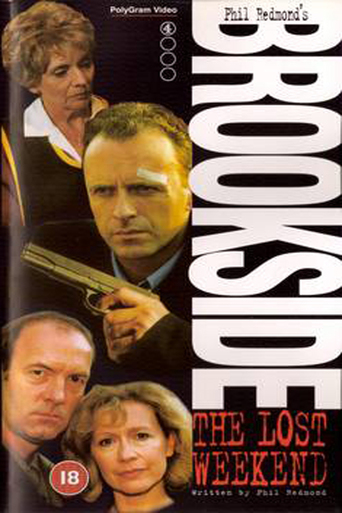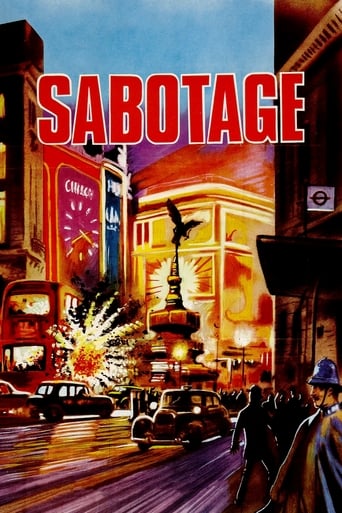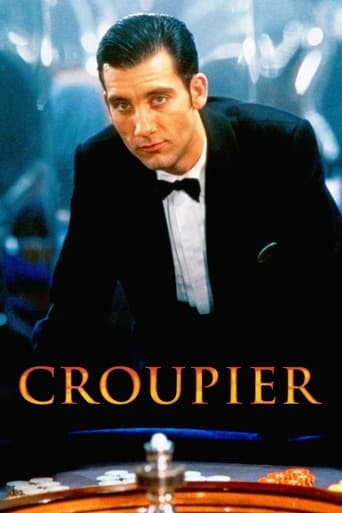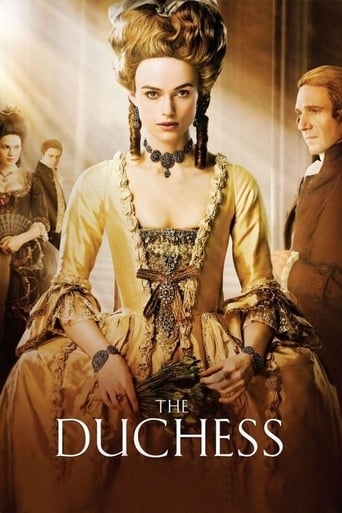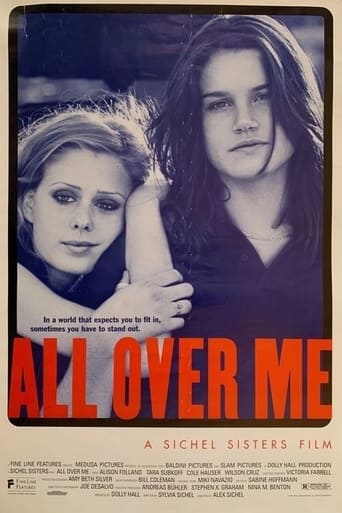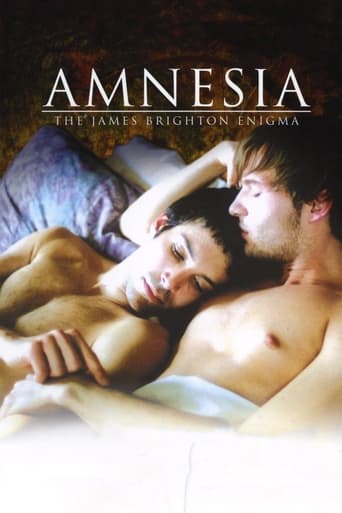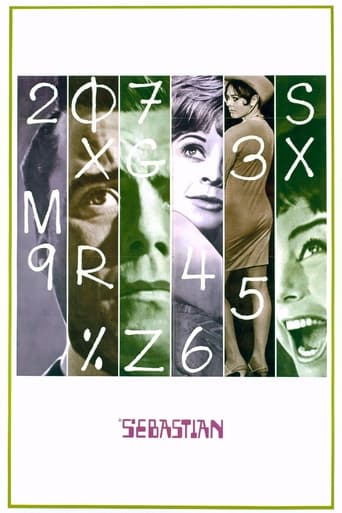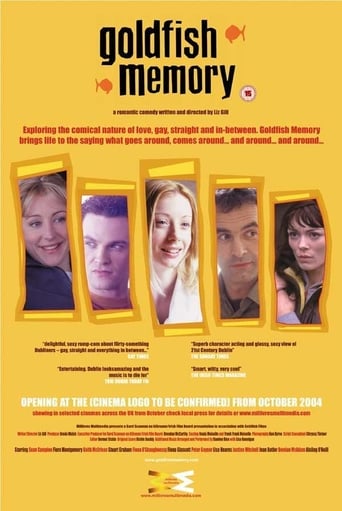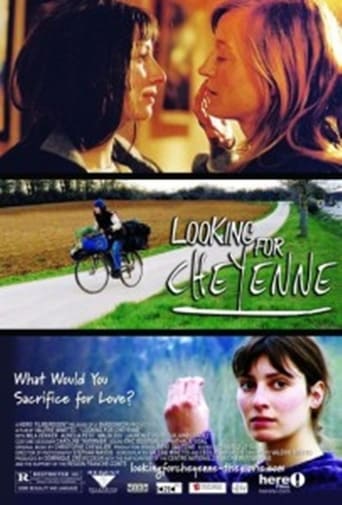Clapham Junction (2007)
Set in the Clapham district of south London, England, the film is inspired by true events. The paths of several men intersect during a dramatic thirty-six hours in which their lives are changed forever.
Watch Trailer
Cast


Similar titles
Reviews
singularly offensive in that it makes a pretense of addressing some of the darker issues of gay subculture while actually exploiting them for the titillation factorreminiscent of a '50's pulp novel, with graphic and sensational violencepresents an unrelentingly grim picture of life as a gay man, and offers no redemption whatsoevernot particularly well-acted (the women could do with fewer histrionics), though it is interesting to see the leads of Maurice together againcinematography exaggerates the sordid, but is otherwise lackluster
Such a pity the writer is normally good and the assembled cast was good, but quite frankly I thought this was a dreadful waste of a good opportunity.The stories were full of tired old clichés.A gay man picking up youth at his own civil partnership ceremony. I have been to several and while a few of the single guests might have been on the prowl I have not heard of any of the people taking oaths straying. A lot of the men I know who are now in civil partnerships have been together for years and in the majority of cases have been faithful.Guys search for sex in public toilets why would you today when everywhere is filmed by CCTV cameras, it is so easy to meet people in gay pubs, bars and clubs these days. Unless married men go to toilets to seek same sex I don't know.Everyone off there heads on drugs and I will admit that there are a lot of drugs around on the gay scene just as there is in straight clubs as well. The trouble is that anyone watching this will come away with the impression that all gay men are sleazy, drug fuelled, sex mad hedonists.I couldn't agree more with the line spoken by the woman at the dinner party "so what if they are sniffing around for sex in bushes like foxes no one deserves that". I still object to the proliferation of these out-dated and outmoded stereotypes. We are so much more and we deserve so much more and so much better.
Good performances. OK - now wev'e got the only positive comment about this TV film out of the way, let's have a look. What the hell was the point of this? Populated by a group of unpleasant, unlikeable stereotypes, it really looked like something that would have been made 20 years ago. Cliché ridden and unrelentingly grim throughout, the gay characters were either predatory, seedy individuals or had serious repression/hang up or psychological problems. The sex and violence scenes were sensationalist to say the least. This was meant to be part of C4's marking of 40 years of the liberation of gay men from the previous institutionalised repression they had suffered in this country throughout history. There are gay men like the ones in the film, I sometimes meet them, but they certainly do not represent the majority. Nobody wanted to see a positive propaganda exercise about gays, but neither did we want to see this parade of sad / damaged individuals. Whatever happened to balance? A piece of TV that was thoroughly depressing and ultimately, totally pointless.
Over a two day period a series of interconnected events impact a disparate group of Londoners.Occasionally brilliant, often shocking and ultimately depressing exploration of contemporary urban gay sexuality and the resultant array of societal attitudes across age and class. In part influenced by the horrendously brutal murder of Jody Dobrowski on Clapham Common in 2005, Elyot creates a host of deeply unpleasant characters as the main focus of his exploration into homosexuality, its surface acceptance and ever-present homophobia across all social strata's today.Whilst astonishingly frank in its depiction of casual, anonymous sexual encounters in public toilets and open spaces (Clapham Common, Hamstead Heath) and the contrast between being 'out' versus being closeted and covert, Elyot falls back on the clichéd and contrived device of 'the dinner party' to enable a host of views to bubble up to the surface. Perhaps it's the environment Elyot knows best so finds it easiest to write about, but it's still hard to gauge what his intention is with his moneyed and privileged group of diners are they intended as a representation of middle class views and behaviours? In addition, why is practically every character either unpleasantly selfish or irritatingly naïve? It may well be that the well-heeled dinner party set do have these views and opinions, but if they are so singularly unpleasant, how can we care? It's difficult to determine exactly what Elyot is trying to say with Clapham Junction that homophobia is still real and in consequence very dangerous? That the general view is that gay men can be universally accepted but only if they behave like the wealthy, urban, heterosexual upper middle-classes? That heterosexual people don't have any kind of secretive, covert sex life? No, straight people don't go cruising for anonymous sex in toilets or parks, but that's only because they don't need to.Elyot paints a deeply depressing picture in Clapham Junction, which may in part reflect the truth, but he fails to find any counterpoint. All is bleak, all is dangerous - hatred, bigotry and prejudice prevail. The minor strand of the young black boy playing his violin in the face of intolerance and persecution only serves to crack the nut with a hammer - we've already learnt that it takes bravery to be who you are in the face of adversity (witness the deeply unsettling, painfully honest encounter between Theo and Tim), so why bludgeon the viewer with this message a second time? The closing scene is gratuitous in light of all we have witnessed before.Shergold and Elyot are well served by their actors, with Treadaway and Mawle in particular offering spectacularly honest, real and brave performances their plot-strand is perhaps the most challenging, the most unsettling but ultimately the most truthful story, and this time the concluding lack of hope is in proportion and understandable.Moments of brilliance then, from all involved, but in the end Clapham Junction is deeply flawed and devoid of any shred of hope. Is that all there is?

